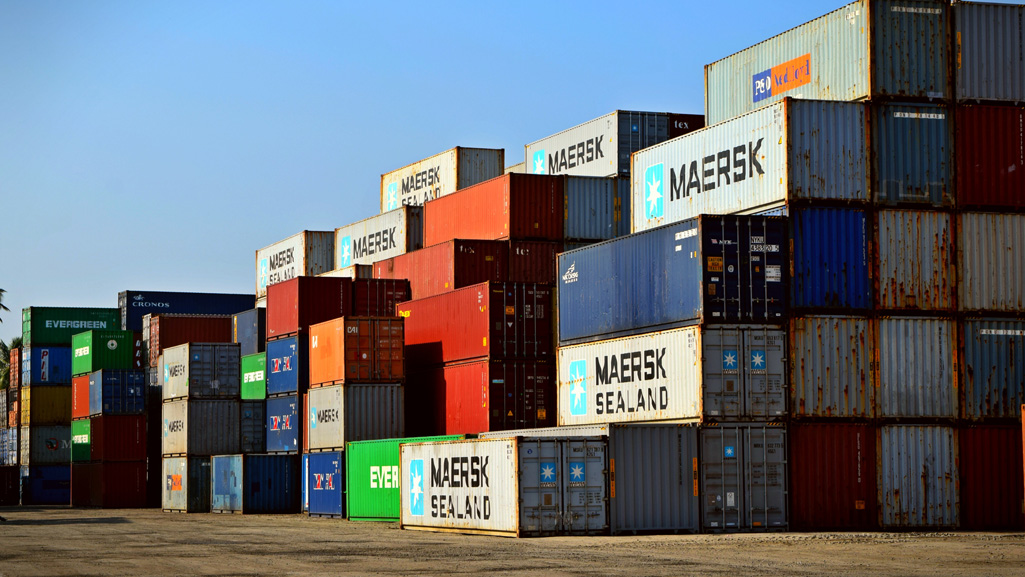The COVID-19 pandemic has affected the global supply chains in countless ways, leading to the realization that the global supply chain is more fragile than previously thought. Because of this, steps are needed to strengthen global logistics, starting with sharing data.
According to an article published by the World Economic Forum (WEF), titled “Supply Chains Have Been Upended. Here’s How to Make Them More Resilient”, there are many examples of how COVID-19 has caused production and global supply chain shutdowns, affecting businesses throughout the world. For instance, in February Fiat Chrysler Automobiles was forced to shut down a factory in Serbia because parts from China had become unavailable.
To improve future performance, the World Economic Forum has prescribed four areas for improvement that will fortify the global supply chain against future catastrophic events, such as natural disasters, political strife, and—like today—pandemics.
1. Digitize
Trade need to move away from paper documentation into digital record keeping. While in some cases a “Bill of Landing”, which lists a ship’s cargo, is required by law. However, logistics companies have stuck with paper-bases record keeping because they don’t see the benefit of investing in computer systems.
This has resulted in major disruptions because face-to-face interaction has been eliminated in so many places. Additionally, decreased visibility into supply chain data causes a delay in communication when conditions change, i.e. ports being shut down.
The WEF explains that, “Digitizing, then, is not simply a matter of cost, but primarily of visibility and managing supply chain risk. To limit the impact of points of failure in the value chain, it is important to make data available through digital means.”
To achieve this, however, will take the cooperation among businesses and government to create a proper digital infrastructure.
2. Improve Data Security
International trade is extremely competitive, and businesses are always looking for an edge. As a result, they’re very unlikely to divulge sensitive information about their operation that can help with supply chain efficiency.
This isn’t an issue when only two parties are involved. However, when the supply chain involves multiple stake holders the information then becomes centralized, making it difficult to withhold proprietary information. The result is that many companies simply will not share.
The WEF suggests a solution: a decentralized system within a block chain, owned by one supplier. They wrote, “When created properly, suppliers can audit their data-sharing permissions directly on their own blockchain node. At the same time, their data can be securely distributed to others in the blockchain network without requiring the point-to-point integration that centralized systems do. We’ve therefore solved a key technology problem in getting suppliers to participate in supply chain visibility initiatives.”
3. Incentivize Data Sharing
It is often said that money talks, and that can be a main driver for sharing data. For example, more competitive rates can be offered to incentivize companies for sharing supply chain data.
They explain the benefits as follows: “Using blockchain, buyers can, for example, use payment commitments on the blockchain as alternatives to a Letter of Credit, pay suppliers later, reduce cost of goods sold, and insulate themselves from supplier bankruptcy. Suppliers, in turn, recognize revenue sooner and replace their current supply chain finance arrangements with much lower financing terms.”
They continue by pointing out that as the data-sharing network grows that the benefits will follow.
4. Begin Preparing Now
Assume that disruptions will happen again. Since supply chains can take a long time to initiate changes, the improvements mentioned above need to be implemented in the very near future.
As the COVID-19 crisis has spread, situations regarding supply chains have been in an almost constant state of flux. Data sharing between businesses in all along the chain have seen how access to more information could have improved their operation over the past few months.
Moving forward, provisions must be made for future global supply chain disruptions—which undoubtedly will occur—and the WEF believes it must begin with supply chain data transparency.
